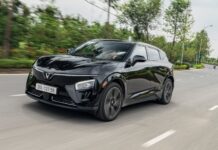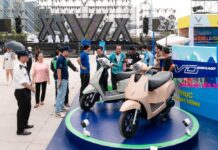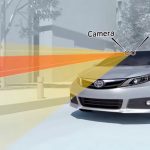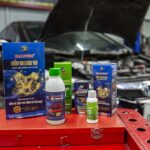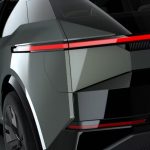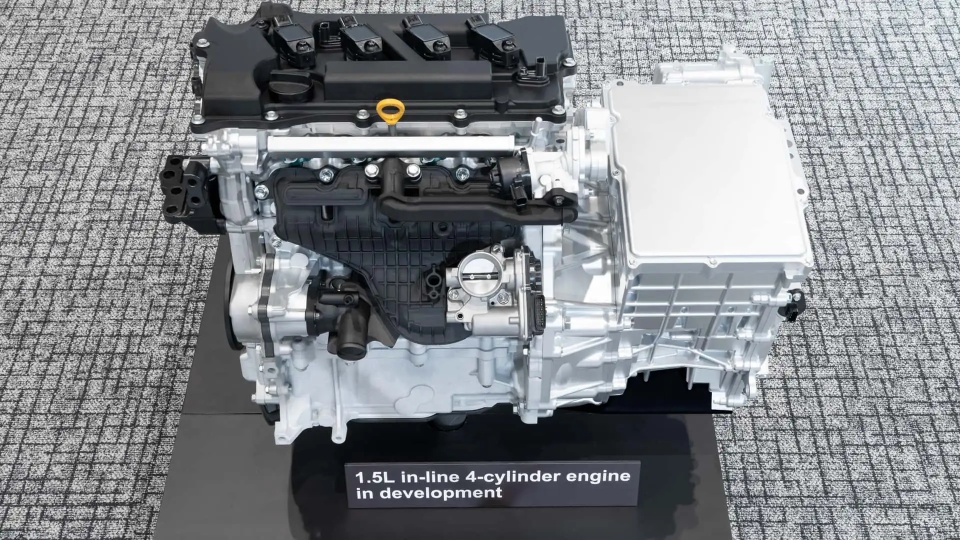 |
|
A closer look at Toyota’s new 1.5L engine in development. Image source: Automotive News. |
According to Motor1, Toyota has confirmed that its upcoming inline-four internal combustion engines are in the works. In a conversation with Automotive News, Toyota’s CTO, Mr. Hiroki Nakajima, referred to the forthcoming 1.5L and 2.0L engines as “game-changers.”
Mr. Nakajima believes these engines will be a significant departure from traditional gasoline and diesel engines currently on the market. While vehicles powered by hydrogen fuel cells are not yet prevalent, Toyota remains committed to optimizing the thermal efficiency of its internal combustion engines that rely on fossil fuels.
The Toyota technical director did not divulge specific details about the advancements in the new engines, but Motor1 notes that Toyota’s engines had achieved a thermal efficiency of 40% a few years ago. Nissan previously announced achieving over 50% thermal efficiency with its e-Power technology, where the internal combustion engine functions as a generator to power an electric motor rather than directly propel the vehicle. Mazda has taken a similar approach with its rotary engine in the MX-30, utilizing technology commonly found in range-extended electric vehicles (EREVs).
| |
|
Toyota hasn’t given up on internal combustion engines. Illustrative image: Reuters. |
Mr. Hiroki Nakajima revealed that the new engine will feature a shorter piston stroke. This design choice will result in more compact dimensions for both the 1.5L and 2.0L inline-four engines, paving the way for a “revolution” in vehicle design, according to Toyota’s CTO. Specifically, the front end of vehicles will be lowered to enhance aerodynamic performance by optimizing airflow.
Any torque loss during operation will be compensated for by the instantaneous response of an electric motor. Thus, Motor1 indicates that these internal combustion engines are being developed primarily for future hybrid vehicles.
Toyota plans to introduce the first vehicles equipped with these new engines around 2027. The Japanese automotive group is developing powertrains that can operate not only on fossil fuels but also on biofuels, hydrogen, and synthetic fuels.
In contrast, Nissan has recently announced that it will halt investments in the development of internal combustion engines, choosing instead to focus entirely on electric vehicle technology. Nissan’s strategy includes utilizing EREV technology as a transitional step before making a full transition to electric vehicles in the future.
Recommended Reads for Your Journey
Our Automotive section offers a diverse range of book recommendations to accompany you on your travels. Whether you’re embarking on a road trip or simply enjoying a moment of relaxation, these books are sure to enrich your journey.
Revitalize Your Engine with Halotec Engine Oil – No Need for Overhauling
With no requirement for engine disassembly, Halotec maintenance oil can remove build-up and restore worn metal surfaces, providing a smooth and efficient operation for your vehicle. Customers will notice an immediate difference when driving their cars, as the product eliminates copper deposits and compensates for long-term friction damage.



